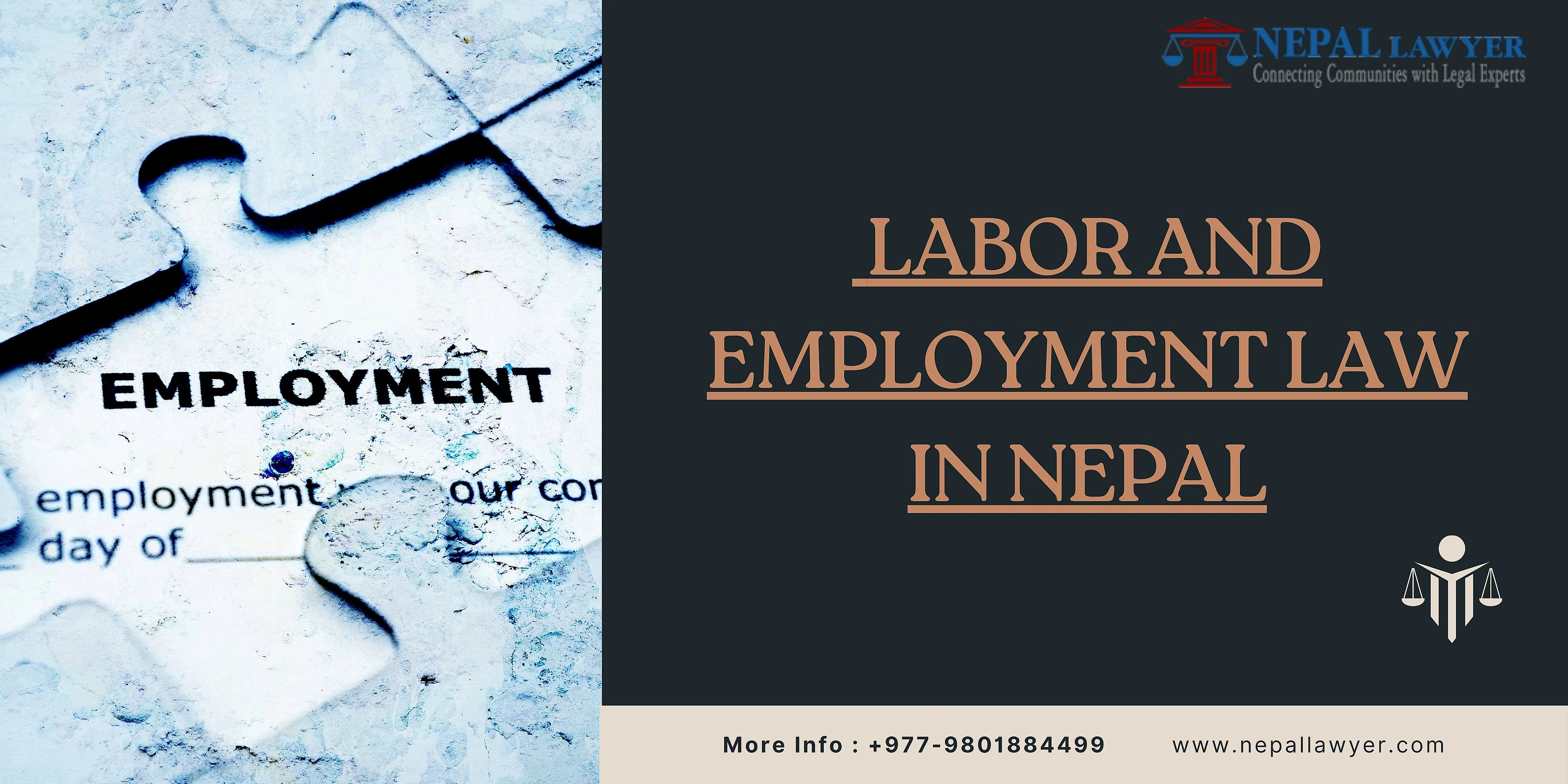Labor and employment laws in Nepal are designed to protect the rights of workers and ensure that they are treated fairly by their employers. In this comprehensive guide, we'll cover everything you need to know about labor and employment law in Nepal, from the Nepali legal system and constitution to the role of lawyers in Nepal.
Overview of Labor and Employment Law in Nepal
Labor and employment law in Nepal covers a wide range of topics, including minimum wage, working hours, leave entitlements, workplace safety, and protection against discrimination. The main objective of these laws is to ensure that workers are treated fairly and have access to basic rights and protections.
Nepali Legal System and Constitution
The Nepali legal system is based on civil law, which means that laws are codified and written down in a systematic manner. The Nepali constitution, which was adopted in 2015, provides the legal framework for the country's political and legal systems. It sets out the fundamental rights of Nepali citizens, including the right to work, the right to form unions, and the right to fair labor practices.
The Role of Lawyers in Nepal
Lawyers in Nepal play an important role in providing legal advice and representation to workers and employers. They can help to ensure that labor and employment laws are followed and can assist with resolving disputes between workers and employers.
Key Provisions of Labor and Employment Law in Nepal Some of the key provisions of labor and employment law in Nepal include:
- Minimum wage: The minimum wage in Nepal is set by the government and is reviewed periodically to ensure that it keeps up with inflation.
- Working hours: The maximum working hours for adult workers is 8 hours per day or 48 hours per week.
- Leave entitlements: Workers in Nepal are entitled to a range of leave entitlements, including annual leave, sick leave, and maternity leave.
- Workplace safety: Employers are required to provide a safe working environment for their employees and must take steps to prevent accidents and injuries.
- Protection against discrimination: Nepali labor and employment law prohibits discrimination on the basis of race, ethnicity, gender, religion, and other factors.
How to Handle Labor and Employment Disputes in Nepal
If you have a dispute with your employer or employee, there are several steps you can take to resolve it. The first step is to try to resolve the dispute through informal means, such as mediation or negotiation. If this is not successful, you can file a complaint with the Labor Office or the Labor Court, depending on the nature of the dispute.
Conclusion
Labor and employment law in Nepal is designed to protect the rights of workers and ensure that they are treated fairly by their employers. By understanding the Nepali legal system and constitution, the role of lawyers in Nepal, and the key provisions of labor and employment law in Nepal, you can ensure that your rights as a worker are protected.




